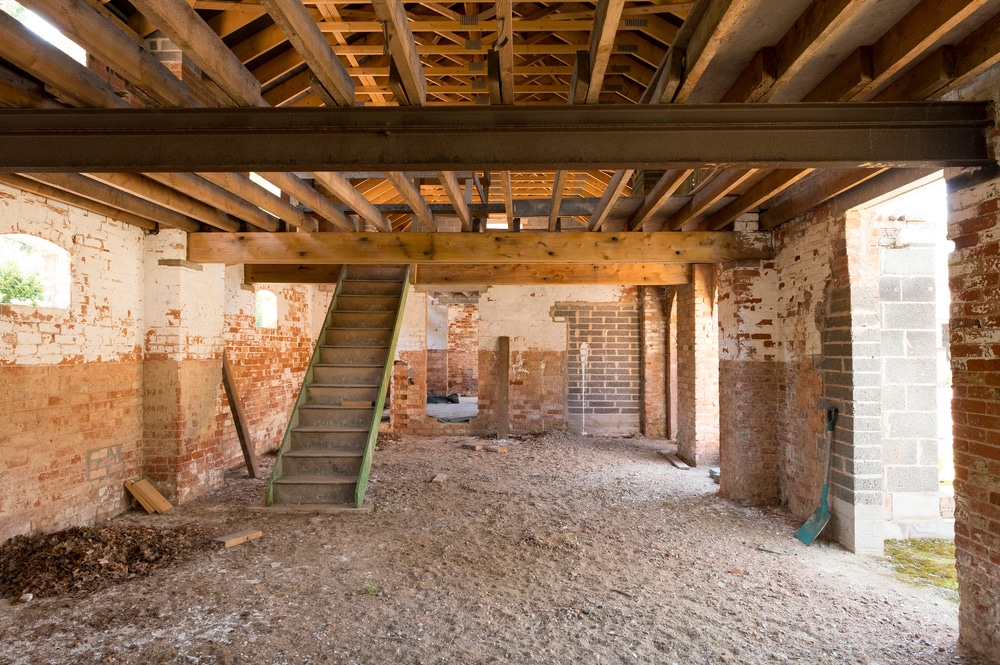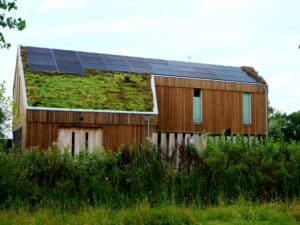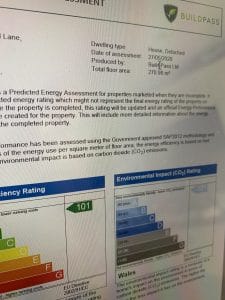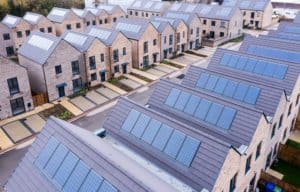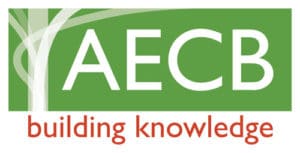SAP calculations for conversions | Buildpass
Interested in converting your build? Getting a SAP Calculation should be a top priority in your planning and design. But don’t worry, this blog will go into detail about all things conversions and SAP calculations.
SAP calculations are crucial within the construction industry and help to confirm a build complies with energy and carbon requirements within building regulations. It can take a while to fully get your head around SAP calculations, and when you need to consider whether your build is a conversion, new development or an extension on top of that… It’s easy to see how this can become pretty confusing to know exactly what is catered for you and your build!
Do I need a SAP calculation for my conversion? SAP calculations are required for all residential conversions to make sure your conversion complies with Part L (England & Wales) to demonstrate the energy performance of your dwelling.
In this blog, we will go into detail about SAP calculations for conversions to get you up to speed and understand how this can affect your upcoming build conversion.
What is a SAP calculation?
SAP stands for ‘Standard Assessment Procedure’ which is used by the government to assess and compare the energy and environmental performance of buildings within the UK, confirming that the build complies with energy and carbon requirements set out in current building regulations. A SAP calculation will provide a score from 1 to 100 for the annual energy cost based on areas such as:
- Elements of structure
- Heating and water systems
- Internal lighting
- Renewable technologies
The higher the score, the lower the running costs, with 100 representing zero energy cost. For developers working on new residential developments, conversions and extensions, the SAP rating is essential as it is used to produce Predicted Energy Assessments and Energy Performance Certificate.
When are SAP calculations for conversions required?
A SAP calculation is required for conversions which involve a ‘Material Change of Use’ or a ‘Change of Energy Status’. Whether you are converting an office or turning a factory into flats, Part L1B regulation requires controlled fitting, services and building materials that all meet the efficiency standards and carbon targets, which a SAP rating can help you to confirm.
What is a ‘material change of use’?
A ‘Material Change of Use’ occurs within a building when there is a change in the purposes for which a building is used. Examples include:
- A building that is used as a dwelling, where previously it was not
- A building contains a flat, where previously it did not
- A building contains more dwellings than it did before
What is a ‘change of energy status’?
Typically, a ‘Material Change of Use’ will likely change the energy status of a building. A ‘Change of Energy Status’ occurs when a previously unheated building has been designed to be heated for future purposes.
What do I need to provide for a SAP calculation for conversions?
SAP Calculations are based on plans and construction specifications of the build. Plans include:
- Floor plans, elevation drawings, site plans
- Construction specifications
- Mechanic and electric specifications
- Details of renewable technology
From the plans and specifications, the SAP assessor will calculate the performance of the thermal elements, which are explained as ‘U’ values (the rate at which heat passes through the fabric of the building). This could look into areas such as floors, walls, openings such as windows, roofs, space heating and much more. The data collected from these areas will then be used for the SAP calculations.
RELATED: 10 TOP TIPS FOR PASSING YOUR SAP ASSESSMENT
Can Buildpass help me with my SAP calculation for conversion?
Yes! Here at Buildpass, we are accredited SAP assessors with years of experience under our belts. We have had experience producing SAP calculations for a range of buildings, from self-build Passivhaus right through to large developments.
Whilst most SAP assessors will just provide you with the bog standard SAP calculation, we can get involved right from the beginning of your project to help you create an energy efficient building from the get go. If you are ready to get started with your project or would like to get booked in for a SAP Calculation, book in for a call today.



